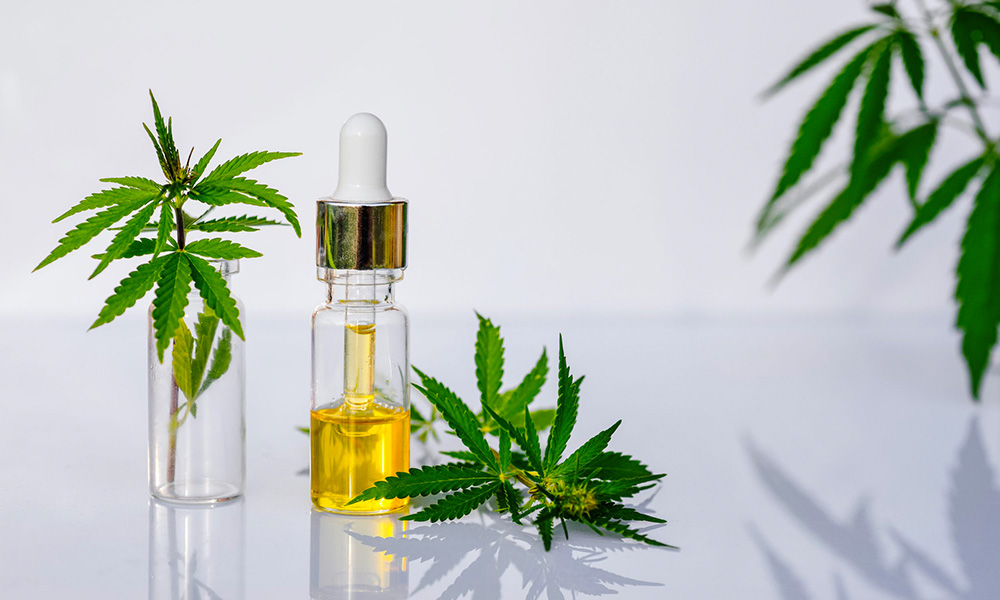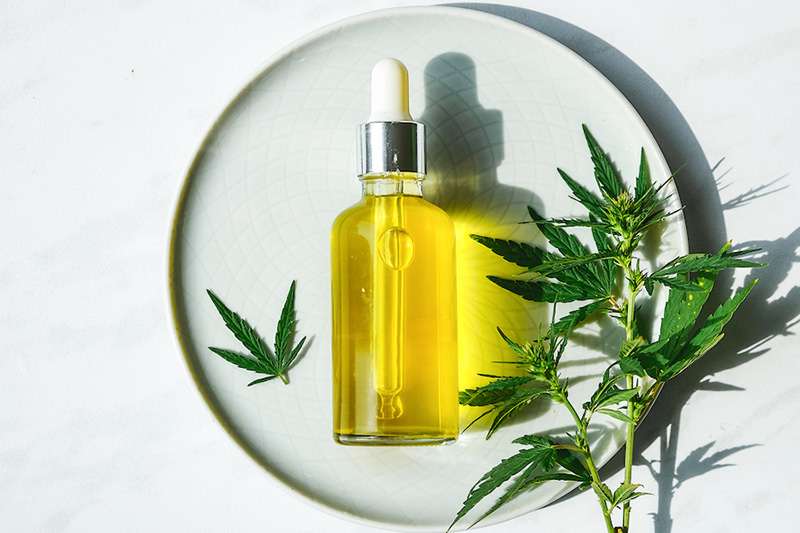
No doubt, over the years, CBD has enjoyed growing acceptance and recognition as an effective herbal remedy against a myriad of medical ailments. However, it is worth noting that there have been concerns about the addictive potential of CBD. This can be attributed to the confusion between the cannabinoid and its intoxicating counterpart delta-9-tetrahydrocannabinol, better known as THC.
Another factor could also be that research concerning CBD is still ongoing, leaving people with some areas they are still to understand. In this article, we shall address the addictive questions surrounding CBD in depth. Read on.
What is CBD Oil?
Maybe before we address the question of whether CBD oil is addictive or not, we should look at what CBD Oil is. CBD oil refers to cannabidiol that would have been blended with an inert carrier oil such as coconut or hemp seed oil.
According to research, the substance is an effective remedy against several ailments. These include anxiety, depression, acne, insomnia, chronic pain, and cardiovascular issues. Its popularity is mainly because it is non-psychoactive. This is in sharp contrast to its cousin delta 9 tetrahydrocannabinol, which greatly affects the cognitive functions of the brain. It has been found to positively impact the daily health and wellness of its users.
CBD oil is gradually finding its way into everyday use products such as topicals, gummies, vape pen oils, cosmetics, and even pet treats. It is now a common occupant of the shelf space in retail outlets, dispensaries, and restaurants.
Is CBD Oil Addictive?
According to medical studies, cannabidiol does not have addictive properties. It is due to the substance’s non-intoxicating nature. Based on a 2017 Pre-Review Report by WHO, the organization highlighted that evidence gathered from well-controlled human experimental research indicated that the cannabinoid was not linked with abuse potential.
It is paramount for users to note that CBD helps fight addiction tendencies. According to medical studies, CBD helps lower the chances of developing methamphetamine and cocaine disorders. The substance helps guard against relapse after a period of detoxification and sobriety. There has also been evidence that CBD helps in the treatment and management of cannabis and nicotine addiction.

Effects of CBD Oil
One of the most commonly asked questions today is on the effects of CBD oil. To go straight to the point, there are several of these and they are highlighted below.
Epilepsy
Research has found out that CBD carries anti-seizure properties. The substance is known to reduce the frequency and intensity of attacks in individuals suffering from epilepsy.
Pain and Inflammation
CBD carries anti-pain properties. According to medical studies, it helps reduce pain due to its impact on endocannabinoid receptor activity, decreasing inflammation, and interacting with neurotransmitters.
Anxiety and Depression
CBD also helps regulates social behavior and mood. Therefore, it can be used to treat or manage conditions such as anxiety and depression.
Anti-Acne
CBD is also an effective herbal remedy against several skin conditions. These include acne, a dermatological condition that is attributed to the overproduction of sebum.
Possible Side Effects
While it is undisputed that CBD offers a myriad of wellness and health benefits, it is also key for users to note that the substance also has some side effects. Their severity varies from one individual to another, but they are generally the same. They include diarrhea, mood swings, nausea, and appetite disorders. Cannabidiol has also been linked with an unintended increase in liver enzymes. As a result, it is recommended that people with liver conditions should use the substance in consultation with a certified medical practitioner.
Bottom Line
Addiction is a complicated condition. It negatively impacts both the physical and psychological aspects of a person. Its effects can include impaired cognition, compromised bodily functions, and behaviors that are detrimental to the relationships and social fabric amongst those to the person suffering from it. However, the good news here is to date, researchers have not found evidence suggesting that the substance could pose an addiction danger to users.
Unlike cannabis, in which users risk dependence, CBD alone does not appear to have the potential for abuse or addiction. It l also doesn’t cause withdrawal issues. In fact, CBD is being touted as a potential tool for fighting addiction. Although research is still ongoing, the results are promising. Preliminary findings have shown that the cannabinoid helps ease addiction and withdrawal issues from several substances that include opioids, nicotine, heroin, and alcohol.
However, as a parting shot, it is greatly advised to use CBD in consultation with a certified health professional. This is especially crucial for users who are on CBD-based medication such as Epidiolex. Such a cautious approach is recommended on matters regarding one’s health.
